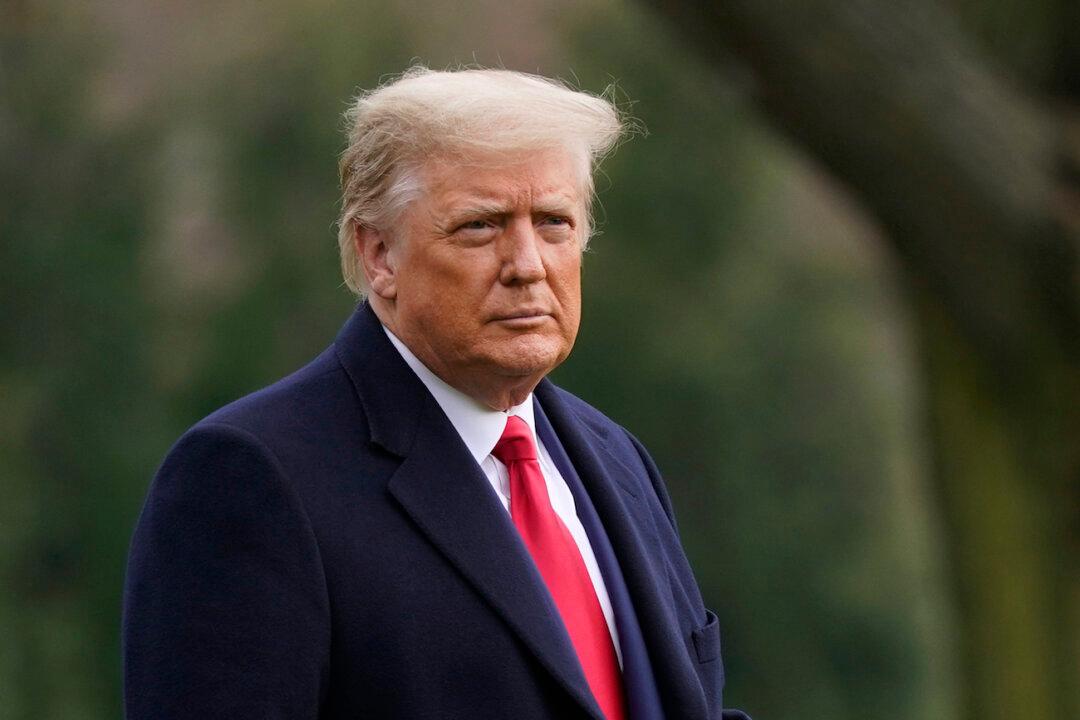President Donald Trump’s legal team has voluntarily ended multiple lawsuits seeking to challenge the 2020 election results in the state of Georgia.
Lawyers for the Trump campaign in two cases, in which the president was the plaintiff, filed notices for voluntary dismissal, saying that they requested the courts to dismiss the cases due to “an out of court settlement agreement.”




